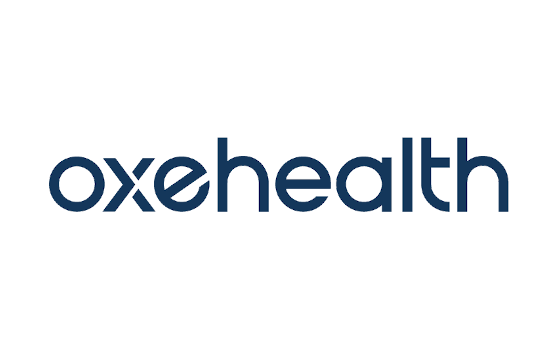 The British Standards Institute (BSI) has accredited Oxehealth's vital signs measurement software as a Class IIa medical device in Europe. This is the first time that software enabling a digital video camera sensor to remotely measure vital signs has been approved as a medical device.
The British Standards Institute (BSI) has accredited Oxehealth's vital signs measurement software as a Class IIa medical device in Europe. This is the first time that software enabling a digital video camera sensor to remotely measure vital signs has been approved as a medical device.
No global medical device regulator, including the US Food and Drug Administration, has previously approved a device of this nature.
To detect pulse rate, the device works in the same way as the familiar pulse oximeter, which detects the slight changes in skin colour caused by the blood being pumped around the body.
However, unlike a pulse oximeter, which must be attached to a patient’s skin, it can be used to monitor pulserate remotely. The device also detects the movements of the body caused by breathingto count breathing rate.
The Oxehealth vital signs measurement software will now be marketed alongside the company’s existing suite of contact-free activity tracking tools, which are already being used by NHS trusts and care homes to assist staff who need to monitor patients at risk of falls, self-harm or other injuries.
Chief executive Hugh Lloyd-Jukes said: “I am thrilled by the European medical device accreditation, which confirms that our technology can take spot measurements of pulse rate and breathing rate that are as accurate and safe as a device that you clip on the skin.
"Pulse oximeters are used in GP practices and hospitals every day. The difference is that we measure pulse rate and breathing rate entirely contact free, anywhere in the patient's room.
"This will be hugely beneficial to public and private sector organisations that care for elderly and vulnerable people, whose staff cannot be present in every room or do not wish to interrupt the rest of the people they are looking after."
The European medical device accreditation is the culmination of six years' work by Oxehealth, a spinout from Oxford University's Institute of Biomedical Engineering and Oxford University Hospitals NHS Foundation Trust. From the start, the company worked closely with clinicians.
The first clinical studies were completed at the John Radcliffe Hospitalin Oxford and tests were later conducted at the Broadmoor Psychiatric Hospital and Coventry and Warwickshire Partnership NHS Trust.
To secure the accreditation, the company had to complete a clinical pivotal study to prove the efficacy of its product, and to build a medical device Quality Management System covering its software development and business processes. Both were assessed by The British Standards Institute, acting as a Notified Body on behalf of the MHRA.
The Oxehealth vital signs measurement software will now be launched as part of the company’s Digital Care Assistant solution, which uses an optical sensor to pay attention to patients when clinicians cannot be with them.The DCA software alerts staff to risky situations, such as a patient getting out of bed, leaving a room, or moving into a risky area, so staff can intervene quickly.
The system also generates reports that give teams objective data on activity.These are invaluable in shift handover meetings and for understanding patient behaviour.
Lloyd-Jukes added: "Clinicians have been using the Digital Care Assistant to help them to identify risky activities and to understand patient activity better.
"The addition of the medical device solution will enable organisations to take pulse and breathing rate observations to inform treatment decisions. It is a world first that has the potential to help staff transform care in settings where they cannot, or do not want to, enter a room.
"Looking after the elderly and vulnerable can be extremely challenging. Yet, in contrast to their peers in intensive care, the medical staff working in mental health, nursing homes and custodial settings have never had access to frequent, accurate vital sign measurements.
"Now they do, and we are thrilled to be bringing them a 21st Century tool that will help them improve the care of some of society’s most frail patients."
About Oxehealth
Oxehealth was founded by the head of engineering at Oxford University, Professor Lionel Tarassenko in 2012. Since then, it has become a UK tech success story, with financial backing from IP Group Plc and Ora Capital, two major investment trusts committed to supporting UK science for the long-term.Oxehealth's Digital Care Assistant products are already used by seven mental health trusts (12% of all the mental health trusts in England), three care home chains in the UK and Sweden and two police forces.
Oxehealth's software solutions act as an assistant for staff when they cannot be present in a room, or do not want to disturb an individual. They enable optical sensors to alert clinicians, carers and custodians to high-risk activity, take spot vital sign measurements and review activity reports. This helps staff to improve the care of the elderly and vulnerable by reducing injuries and enabling staff to spend more time on hands-on care.
A case study has been published about Oxehealth’s work at Manor Hospital, part of Coventry and Warwickshire Partnership NHS Foundation Trust, where falls are a major risk. Staff report that the Digital Care Assistant has "become the sixth member of our team on the night shift."